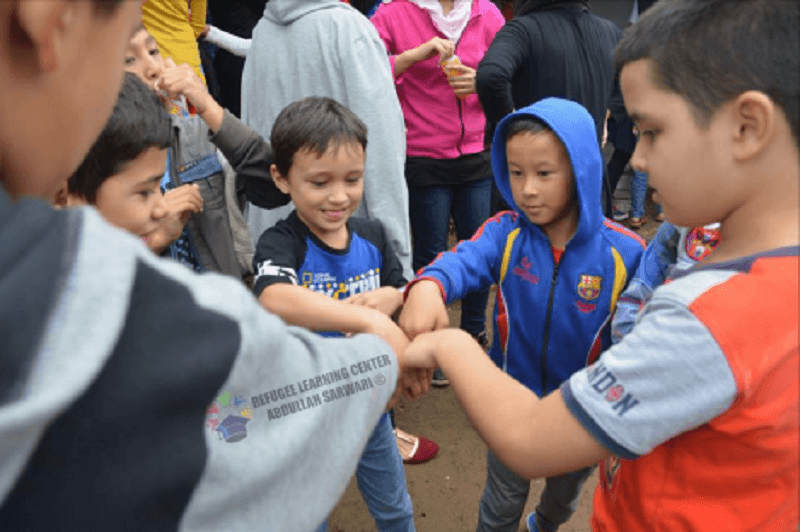What do you do when your basic human rights are taken away? What do you do when you find yourself in a completely different environment with people you barely know? Where do you go when all the doors are closed?
Normally people in such situations give up hope. They lose their enthusiasm for life, they become miserable and reach the verge of despair. But not everyone gives up, some courageous refugees in Indonesia decided to go against all odds and fight for their stolen rights. Despite the risk, this is the story of how these people opened a learning center for their children who as refugees are not allowed to get an education.
